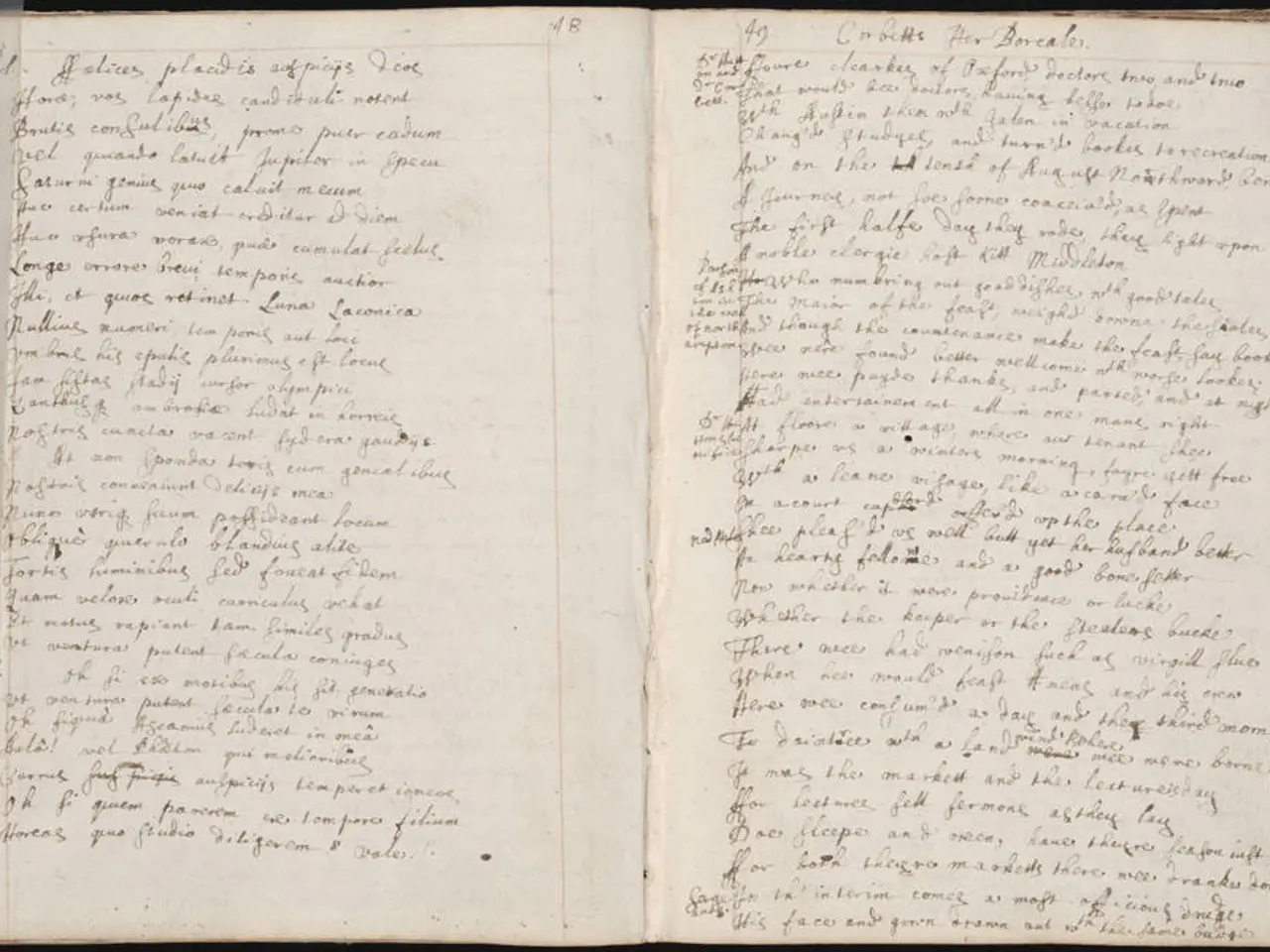Compositional Maestro John Williams Featured in New Profile: A Look into the Life of Hollywood's Musical Genius
John Williams, born on February 8th, 1932 in New York, is a legendary figure in the world of film music. With a career spanning an impressive sixty years, he has left an indelible mark on cinema, composing some of the most memorable and evocative scores in film history.
Williams' early years were steeped in music, as his father was a CBS radio station percussionist. He went on to study composition at the University of California, Los Angeles. His career as a composer began at a military facility during the Korean War, where he arranged music for the United States Army Band.
In 1974, Williams formed a partnership with Steven Spielberg, scoring his film The Sugarland Express. This collaboration would prove to be one of the most storied and important in cinematic history. Together, they would create some of the most iconic scores in film, including the main theme for Jaws (1975), which is one of the most recognizable scores ever created.
The score for Jurassic Park (1993), another Spielberg film, was designed to tell a story that goes beyond the words on the script, conveying the majesty of the dinosaurs. The main theme recurs throughout the piece, in slightly different forms before building to the climax where the entire park is displayed.
Williams' career has seen numerous other notable collaborations and scores. His work on Star Wars (1977), which he scored for George Lucas, would be the start of a partnership that would span forty years and create one of the most famous franchises in cinematic history. The Imperial March and Duel of the Fates are just a few of the iconic scores he created across the franchise.
His scores for Jaws, E.T. the Extra-Terrestrial (1982), Schindler's List (1993), and the Indiana Jones series, beginning with Raiders of the Lost Ark (1981), are all famously associated with his distinctive sound that mixes romanticism and impressionism with complex orchestration. The Raiders March, the theme from E.T., and the hauntingly beautiful Schindler's List score all earned Williams Academy Awards.
Beyond Jurassic Park and Star Wars, Williams has composed scores for Close Encounters of the Third Kind (1977), Superman: The Movie (1978), Harry Potter (first three films), The Adventures of Tintin (2011), and War Horse (2011). More recent projects include scores for Lincoln (2012), The BFG (2016), and The Post (2017).
The positive effect Williams has had on our culture is undeniable and unparalleled by any other contemporary composer. His music has brought to life countless stories, stories that are out of this world, stories that have made us laugh, and stories that have made us weep. When Williams lowers his baton for the final time, he shall be recognized as one of the greatest composers to ever live.
[1] Bio of John Williams [2] John Williams - Filmography [3] John Williams - Awards [4] John Williams - Discography
[1] The impact of John Williams' music extends beyond films, profoundly influencing various aspects of entertainment, including culture, sports, and movies-and-TV, by imbuing stories with emotion through his distinctive blend of romanticism, impressionism, and complex orchestration.
[2] In the realm of sports, his scores have been used to heighten the energy and excitement during the 1984 and 1996 Summer Olympics and the Winter Olympics in 2002, exemplifying his ability to captivate audiences even beyond the silver screen.
[3] Furthermore, his remarkable body of work has been recognized worldwide, amassing numerous accolades, cementing his place among the most honored figures in history, with a total of 51 Academy Awards nominations and five victories—a testament to his unparalleled talent and enduring influence on the entertainment industry as a whole.
[4] Additionally, his discography spans more than six decades, showcasing the evolution of his unique sound and the remarkable diversity of his compositions, from classic Hollywood scores to innovative compositions for popular television series, immortalizing John Williams as a titan of our modern cultural landscape.








